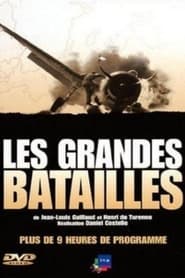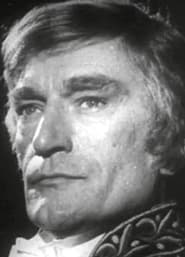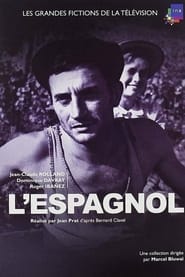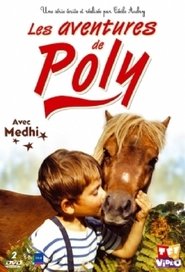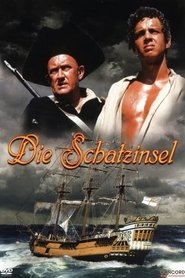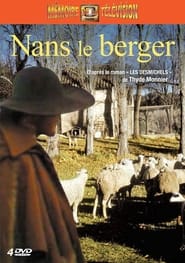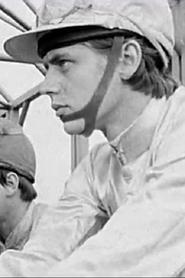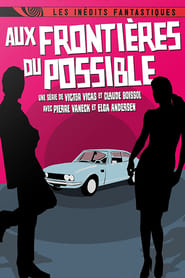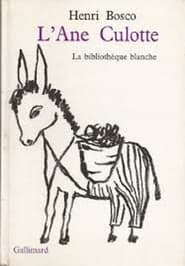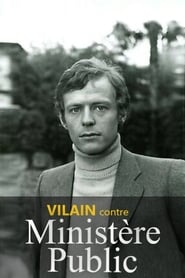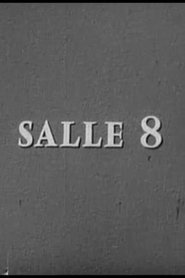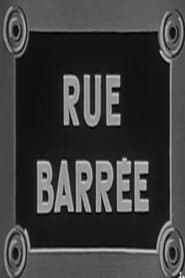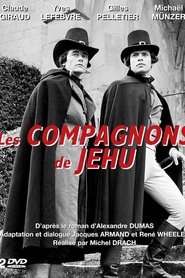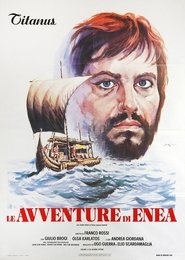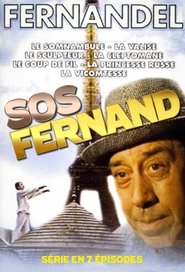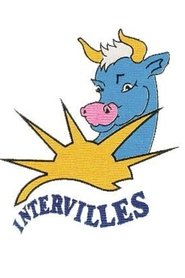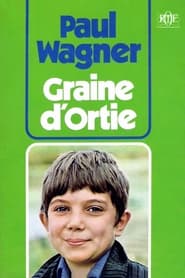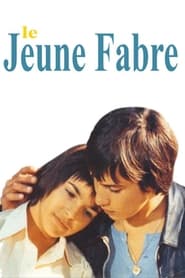Ortf T Eacute L Eacute Vision TV Series - Page 4
-
Poker d'As
1973
Poker d'As
1973
-
L'Espagnol
1967
L'Espagnol
1967
-
The Life of Leonardo da Vinci
1971
star 8.4La vita di Leonardo da Vinci — in English, The Life of Leonardo da Vinci — is a 1971 Italian television miniseries dramatizing the life of the Italian Renaissance polymath Leonardo da Vinci. The Golden Globe-winning miniseries was directed by Renato Castellani, and produced by RAI and distributed in the United States by CBS, which aired it from August 13, 1972 to September 10, 1972. Castellani wrote the screenplay. It was filmed entirely on location in Italy and France. The total runtime of the five episodes is nearly five hours. -
Nans le berger
1974
Nans le berger
1974
-
La cravache d' or
1969
La cravache d' or
1969
-
Aux frontières du possible
1971
star 5Aux frontières du possible is a French television show that was broadcast from 1971 and 1974. The show was created by Henri Viard and Jacques Bergier, based on the latter's book Scientific Espionage. 13 50-minute episodes were made, and the series was shown on channel 2 of the French ORTF network. In Canada, the series was broadcast in 1972 and 1974 on Radio-Canada. -
Salle 8
1967
Salle 8
1967
-
Rue barrée
1967
Rue barrée
1967
-
Eneide
1971
star 8.3A 7 part adaptation of the epic tale of Aeneas, written by Virgil as the Roman sequel to Homer's Iliad and Odyssey. -
L'Amateur
1967
L'Amateur
1967
-
Intervilles
1962
Intervilles
1962
-
Graine d'Ortie
1973
star 10In Vendée, a little boy, Paul Guillet, is abandoned by his mother who places him in public assistance. He will go from host family to host family, these various experiences gradually shaping his personality. Graine d'ortie is a French television series in twenty-six thirteen-minute episodes, broadcast from June 1, 1973 on the first ORTF channel. It is also the title of the autobiographical novel by Paul Wagner from which the television series is inspired. In Quebec, it was broadcast from September 1, 1974 on Télévision de Radio-Canada, and rebroadcast from December 14, 1986 on TVJQ. -
Le Jeune Fabre
1973
Le Jeune Fabre
1973
